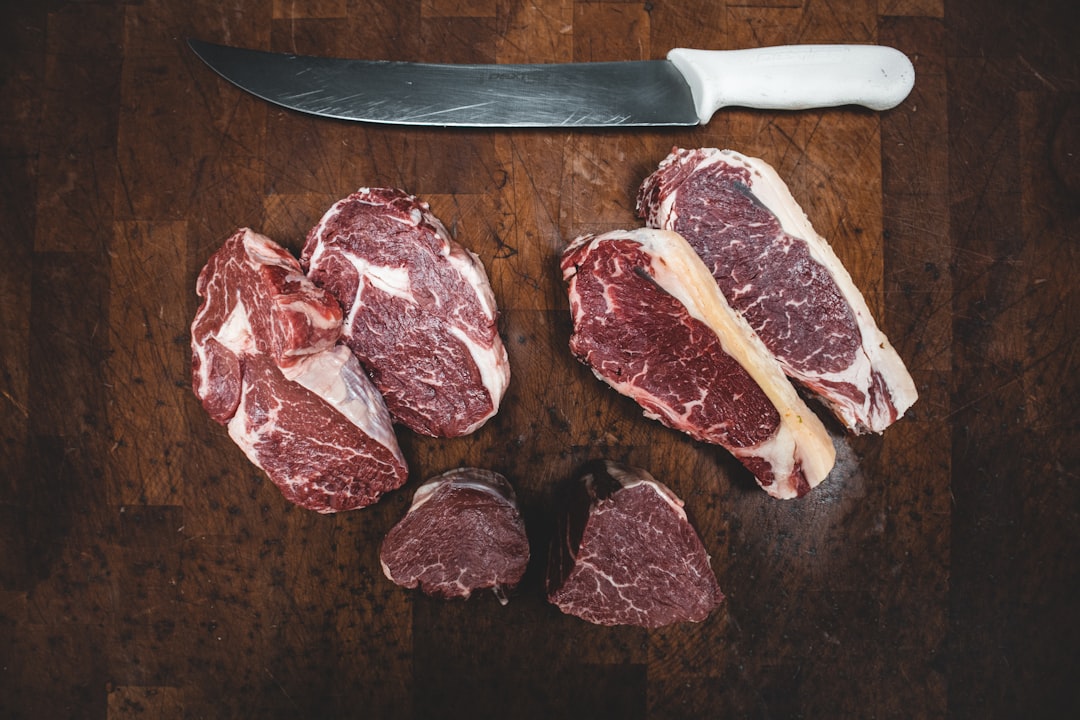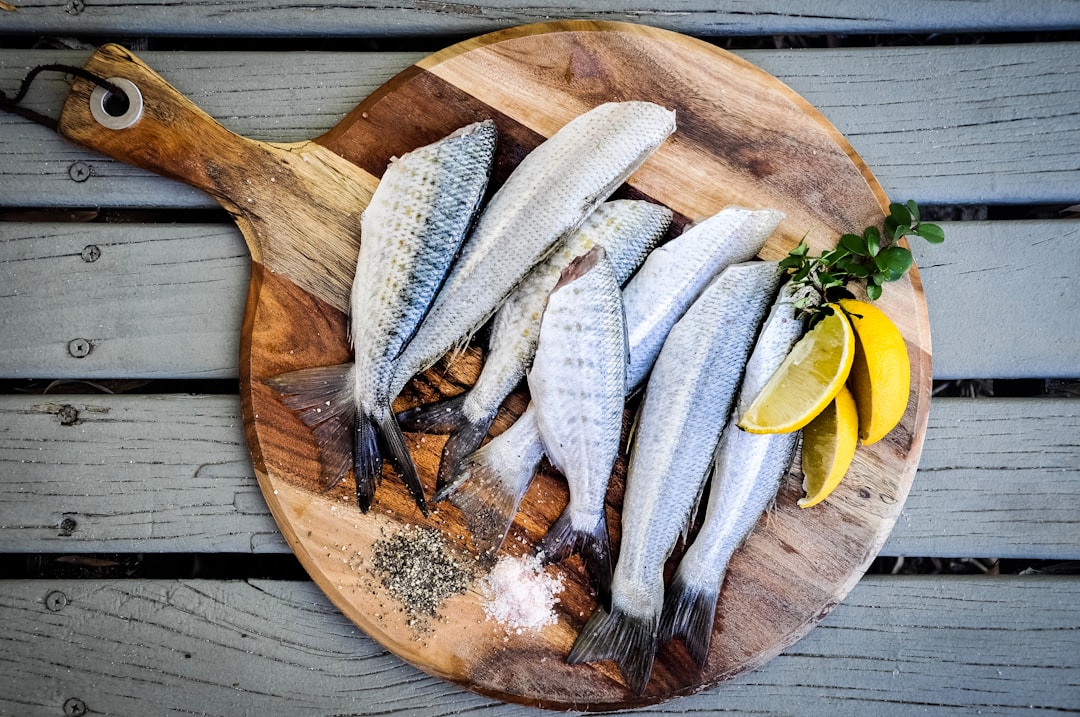Gout and Your Diet: Separating Fact from Fiction
Gout, often dubbed the "disease of kings," has long been misunderstood, with many attributing its painful flare-ups to the consumption of meat. However, a closer look at the diets of our ancestors and modern-day tribes—thriving on meat, organ meats, milk, and blood—reveals a different culprit. It's not the meat-based diet causing this inflammatory illness, but rather sugar and alcohol, sneaking their way into our modern lifestyles and wreaking havoc on our health. In this piece, we'll dive into the real causes of gout, debunking myths and shedding light on how natural nutrition can be the key to managing gout symptoms and achieving better overall health.

Understanding Gout: Myths Debunked
Historical Diets and Gout-Free Tribes
When examining the diets of our ancestors and various tribes still living traditional lifestyles, a pattern emerges. These groups consume diets rich in meat, organ meats, milk, and blood—yet they experience none of the gout flare-ups that plague modern societies. For instance, the Maasai tribe of East Africa, who thrive on a diet primarily composed of animal products, exhibit little to no signs of gout. Similarly, the Inuit people, with their high intake of fatty fish and marine mammals, remain largely gout-free. These observations challenge the common belief that meat consumption is the primary cause of this inflammatory disease. Instead, it points towards modern dietary factors like sugar and alcohol, which are conspicuously absent in these traditional diets. Understanding these historical eating patterns can provide insights into managing gout symptoms and promoting better health.
Because the rich could afford meat, it became the disease of the rich, but what else was also something mostly only the rich had access to? Sugar and alcohol. Many physicians are linking gout and kidney issues to meat consumption; however, it doesn't line up at all with history.
But what about our kidneys? Explorers on the Lewis and Clark expedition were noted to have eaten as much as 9 pounds of meat per day. Modern-day competitive eaters sometimes eat more than 20 pounds of meat in one sitting without damaging their kidneys. The Maasai, Mongols, and Sami populations only eat meat, organ meats, blood, and milk; no one in those tribes is hobbled by gout. If protein did indeed damage our kidneys, there's no way we would have made it this far in history.
That's why we don't buy the mainstream advice of lowering meat intake and adding a pharma drug for your gout. Instead, over and over when we see folks remove sugar, including carbs and alcohol, gout symptoms get better.

The Real Culprits: Sugar and Alcohol
Despite the longstanding belief that meat is to blame for gout, the true offenders are sugar and alcohol. These substances can lead to elevated uric acid levels, which are responsible for gout flare-ups. Sugar, particularly fructose found in sodas and processed foods, increases uric acid production in the liver. Similarly, alcohol, especially beer and spirits, disrupts the removal of uric acid from the body. This combination of increased production and decreased elimination creates the perfect storm for gout symptoms. Modern diets, laden with sugary drinks and alcoholic beverages, starkly contrast with the natural diets of our ancestors and traditional tribes. By reducing sugar and alcohol intake, individuals can significantly lower their risk of developing gout. Understanding the impact of these modern dietary components is crucial for managing this painful condition and promoting overall health.

Natural Nutrition for Gout Management
Benefits of a Meat-Based Diet
Contrary to popular belief, a meat-based diet offers numerous benefits for those managing gout. High-quality meats and organ meats are rich in essential nutrients like B vitamins, iron, zinc, and omega-3 fatty acids, which support overall health and reduce inflammation. Additionally, these foods provide high-quality protein that is crucial for muscle maintenance and immune function. Unlike sugar and alcohol, which exacerbate gout symptoms, meat does not significantly raise uric acid levels, especially when the gastrointestinal lining is intact, and not compromised, which happens with an inflammatory-rich diet of sugar, carbs, alcohol, synthetic/chemical additives, and high vegetable intake. Meat and organ meats on the other hand have the building blocks of vitamins and minerals to heal and support healthy gut function. By embracing a diet that mirrors those of gout-free tribes, individuals can manage their gout more effectively and improve their overall well-being. This approach not only combats disease but also aligns with our biological heritage, promoting a healthier, more balanced lifestyle.

Managing Inflammation and Autoimmune Responses
A cornerstone of managing gout is controlling inflammation and autoimmune responses. Chronic inflammation can exacerbate gout symptoms and trigger flare-ups. Natural nutrition, particularly a diet rich in anti-inflammatory foods, plays a crucial role in mitigating these effects. Omega-3 fatty acids found in fatty fish, and grass-finished meats, for example, have potent anti-inflammatory properties.
Autoimmune responses can also complicate gout, where the body's immune system mistakenly attacks its tissues. By focusing on nutrient-dense foods and avoiding inflammatory triggers like sugar and alcohol, individuals can support their immune system's proper function. Additionally, incorporating fermented foods such as yogurt or kefir can improve gut health, which is closely linked to immune regulation. This holistic approach to diet can significantly reduce inflammation and improve the management of gout and other autoimmune diseases.
PLEASE NOTE: The information in this blog is for educational purposes only. It is not a substitute for professional medical advice. Consult your healthcare provider if you’re seeking medical advice, diagnoses, or treatment. **




Leave a comment
All comments are moderated before being published.
This site is protected by hCaptcha and the hCaptcha Privacy Policy and Terms of Service apply.